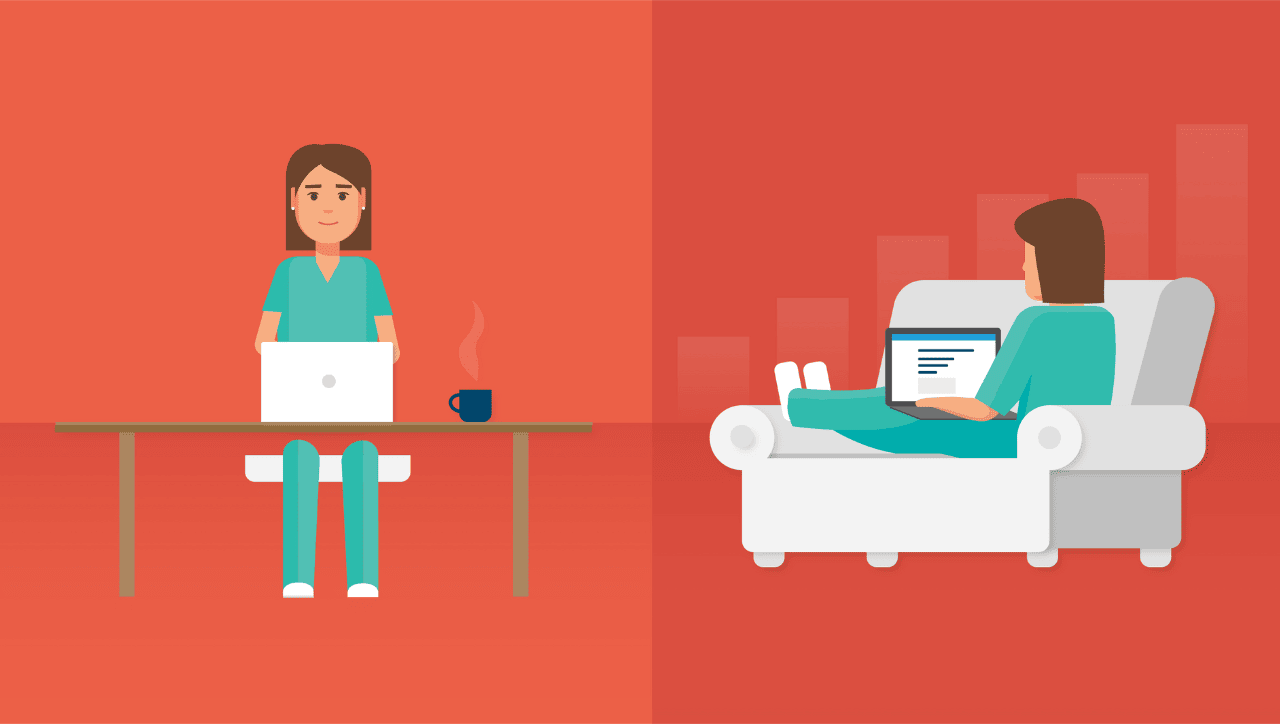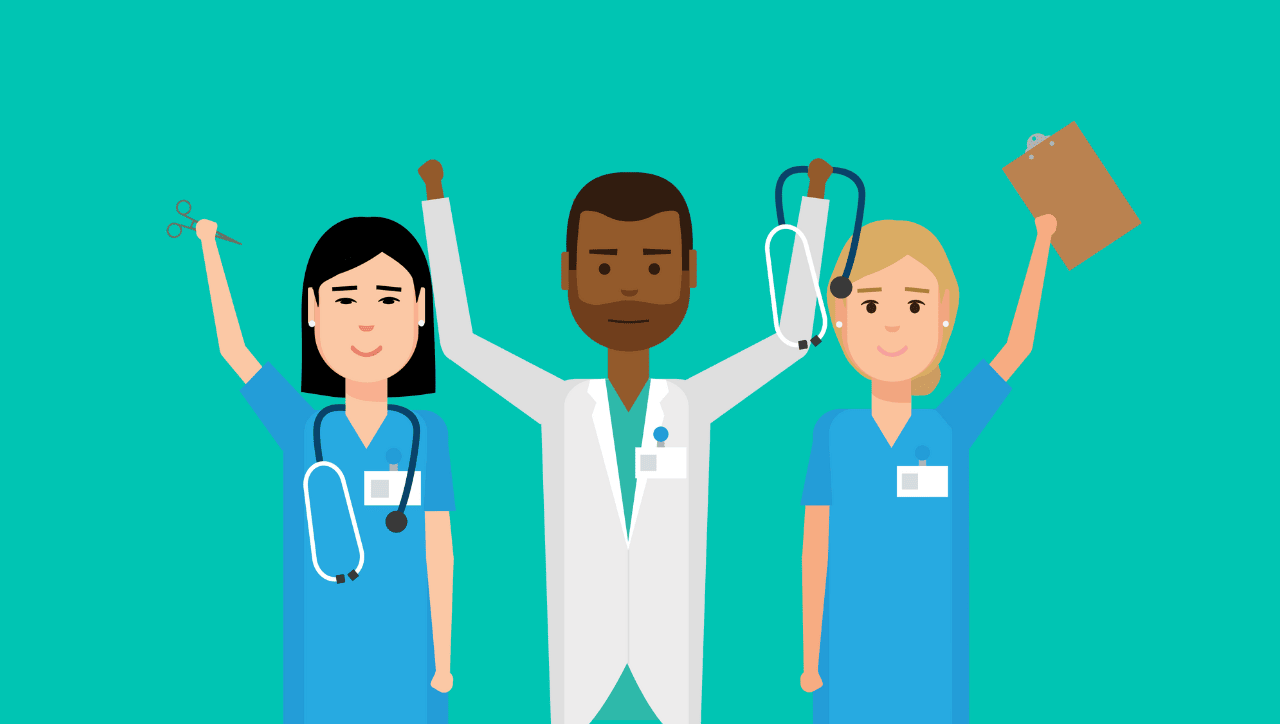3 Common Misconceptions About the Best Way to Prepare for USMLE Step 1
USMLE Step 1 is the first stop on the road to the rest of your career. It’s the first step in the process of becoming a resident. It’s the first exam of many on your path to becoming a doctor in your desired speciality.
No pressure, right?
It’s understandable that you’re feeling anxious about your upcoming USMLE Step 1 exam. And you’re not alone. Medical students all across the nation are combing through forums and blog posts just like you looking for tips and tricks on how to study for and pass USMLE Step 1.
That said, there’s tons of advice out there – some of it is relevant and good, and some… not so much. That’s why we’ve compiled this list of three common misconceptions about USMLE Step 1. Read on to ease your mind and kick your studying off to a great start by addressing some of the biggest delusions regarding USMLE Step 1.
1. Cramming for USMLE Step 1 is the Way to Go
This may sound like a no-brainer, but cramming for USMLE Step 1 is the last thing you want to find yourself doing. Medical school is a full-time job and it’s easy to lose track of the time leading up to your exam with your focus on your coursework. However, cramming is the worst thing you could do to prepare for your USMLE exam.
On test day, the exam is divided up into seven 60-minute blocks and administered in one 8-hour testing session. The content covers anatomy, behavioral sciences, biochemistry, biostatistics and epidemiology, microbiology, pathology, pharmacology, and physiology. Not to mention, it also covers genetics, aging, immunology, nutrition, and molecular and cell biology.
While not every topic mentioned above is covered in every USMLE exam, there is no way of knowing what percentage of questions you will be asked from each discipline.
The best way to prepare – really the only way to prepare – is to study for USMLE Step 1 alongside your coursework for months leading up to your exam date. Welcome to the big leagues.
2. Studying with Review Books, Lecture, Videos, and Q-Banks All Yield the Same Results

There are so many different ways to prepare for USMLE Step 1. There are online classes, there are countless review books, there are video webinars, and there are a variety of question banks. Unfortunately, not all of these study methods yield the same results.
Learning is an active process involving the retrieval and reconstruction of knowledge. The single most effective method of retaining knowledge has been proven to be practice retrieval, or the process of using cues to actively recall and reconstruct knowledge (Roediger and Karpicke, 2006). Testing has been shown to produce better retention than re-reading or re-studying materials or listening to lectures.
There are multiple theoretical explanations that have been formulated to account for the strong effects testing has on learning, but there is no question that testing yourself on the information you’ll see on USMLE Step 1 will have the greatest impact on your learning.
You can read more about the testing effect here.
3. All Question Banks Are Created Equal
To take on the testing approach to studying for USMLE Step 1, you’ll be in need of a q-bank, or question bank. While there are a variety of q-banks out there, keep in mind they are not all created equal.

There are several things you want to look for when finding the right question bank for you. First, you want to make sure the questions were written following the NBME’s blueprint and by writers who understand the USMLE item writing style. Taking practice questions won’t help you unless they directly mirror those you will see on the actual exam.
Second, you want to find a q-bank that will simulate the experience you’ll have on exam day. The more your study experience can emulate your exam day experience, the more natural test day will be for you.
Enter SmartBanks
TrueLearn coined the term ‘SmartBank’ for our question bank because it’s more than just 2,600+ Step 1 practice questions following the NBME blueprint. Our q-bank is coupled with advanced analytics tracking your progress overtime, offering predicted scoring on your exam.
The more practice questions you take from the SmartBank, the more analysis you’ll receive on the types of questions you commonly miss, the amount of time it takes you to answer certain styles of questions, and where you compare to other students nationwide preparing for the same exam. And, yes, it even depicts your projected score based on the practice questions you’ve taken.
Not only does this data give you an idea of how you’ll fair on your upcoming exam, but it gives you the information you need to study smarter to achieve your desired result.


